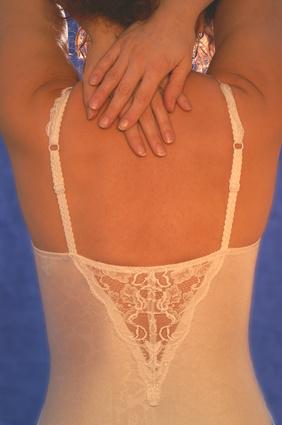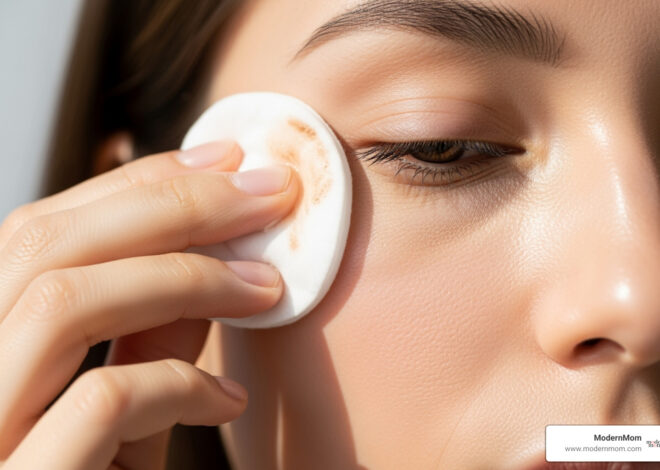Whenever you are going to have surgery, scarring is going to happen. Although picking the right surgeon or simply having good genes will have a big impact on your results, you can take even more steps to ensure the best outcome possible regarding surgery scar healing. The wound healing process is delicate, and many factors contribute to the result, according to the Beauty Surge website.
The Healing Process
Wound healing takes time after a surgery and goes through three stages. The inflammatory phase begins immediately and lasts for about six days, where the bleeding stops and your body is fighting infection and producing collagen (what scars are made of). The proliferative phase, where your body is producing more collagen and your body is developing red bumps, takes three to four weeks. The maturation phase, where the thick, red scar turns to a flatter, white scar, can last for several weeks to several years.
Healthy Lifestyle
Just as a healthy lifestyle is better for you in general, it is also true with wound healing. Oxygen is very important to wound healing, for example, and smoking delays the wound-healing process by lowering the oxygen level in the blood. Quitting smoking is the best way to aid wound healing, according to the University of Wisconsin School of Medicine and Public Health. Quit smoking three days prior to surgery to get rid of all the carbon monoxide in your blood. Eating healthy foods and drinking a lot of fluid helps wound healing, too. Increase your protein and vitamin C at this time and eat meats, nuts, beans, citrus fruits, green vegetables and dairy products. Avoid caffeine.
More Healing Tips
Rest after surgery. Too much movement can cause swelling and will prevent the healing process from taking place. The swelling could become so bad as to pull your stitches apart. Steroid medications can slow healing, as can alcohol. Steroid medications thin the skin, and alcohol thins the blood. Talk to your doctor if you are taking steroids. For alcohol, it is best to stop drinking one week before surgery and one week after.
Stress also plays a role in healing. When you are under stress and not sleeping well, you will not heal as well as if you are in a positive state of mind. Sun exposure is not good for scars and can make them darker and thicker. Cover them or use a sun block, but check with your doctor first about using one on your healing skin. Hyberbaric oxygen therapy is another healing technique that you may want to discuss with your doctor. It works by getting more oxygen to you to help speed the healing process.
Supplements
Some people swear by the herbal supplement arnica, according to the Beauty Surge website. You should never take this without first discussing it with your doctor. Its brand name is SinEcch. Arnica is supposed to reduce inflammation, bruising and swelling. Bromelain is another supplement. It is derived from pineapples and is an anti-inflammatory. Vitamin K cream can help with bruising and is most effective on elderly people or people with thin skin.
Solutions for Complications
Sometimes the healing takes a bad turn and develops into a keloid scar, where the scar is too big and overgrown. You can try to treat the keloid scar by using a silicone dressing or by getting an injection, or you may have to get it cut out and see if a better scar will form. You can also try using lasers to try to fade your scar. Your doctor can examine your scar to see if lasers will help.
Photo Credit
- sch??ner r??cken image by Susanne G??ttler from Fotolia.com





